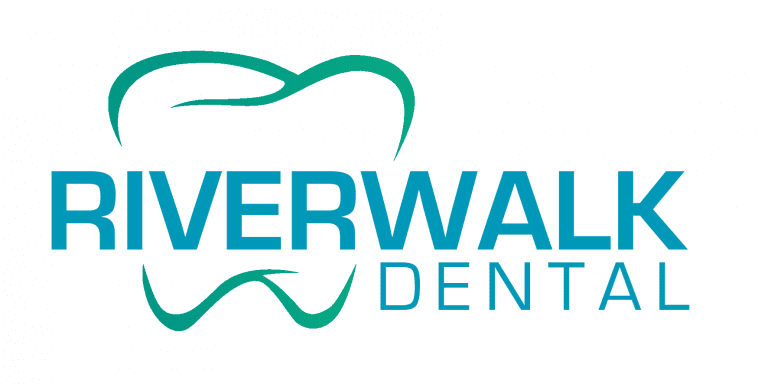FREQUENTLY ASKED QUESTIONS
Q: What Accreditations does Riverwalk Dental have?
Riverwalk Dental has a strong commitment to your health and safety and has achieved Practice Accreditation through QIP.
The practice is compliant with all requirements for safe dental practise as mandated in Australian Standards 4815, the NH & MRC and ADA Infection Control Guidelines.
We are audited biannually, have highly trained staff who undergo extensive and ongoing training in infection control, plus state of the art digitally traced and tracked sterilization equipment.
Q: I have private health insurance, how much will I get back?
There are many different health funds, which all pay different fees due to the type of cover you have, and also how well your health fund pays.
Most health funds allow us to obtain a quotation from our HICAPS terminal to give you the exact amount your health fund will cover for the recommended treatment.
For the health funds that don’t offer the ‘quotation’ function, we offer you an itemised treatment plan so you can contact your health fund directly, and find out how much will be covered.
Our HICAPS terminal also allow us to swipe your card on the spot at the time of appointment so you will only need to pay the gap fee.
Q: Do you send appointment reminders & recalls?
At the end of your treatment the Dentist or Hygienist will customise a recall based on your individual needs. We will make the recall appointment at that time and send a reminder SMS two weeks prior to the appointment.
Q: Can I get an emergency appointment?
If you need an emergency appointment please call the dental practice by 9am. Genuine emergency appointments will be handled within 24 hours. We set aside time for this purpose.
Q: Should I arrive early for my first appointment?
Yes. Please arrive 10 minutes early to fill out your patient paperwork.
Q: Why does the dentist take X-rays?
Many diseases of the teeth and surrounding tissues cannot be seen when the dentist examines the mouth. An X-ray will reveal:
- Small areas of decay between the teeth and under existing fillings;
- Infection of the bone;
- Periodontal (gum) disease;
- Abscesses or cysts.
At Riverwalk Dental we use the latest technology in digital radiology including OPG and CBCT (3D Cone Beam Computerised Tomography). This technique uses an electronic sensor that captures and stores the digital image directly in to your records. It is fast, accurate and convenient as we can do all of this in house without the need to refer.
Q: What is accessibility like at Riverwalk Dental?
Our surgery is located upstairs on the first floor and there is a lift for your convenience.
Q: Why should I regularly visit the dentist?
Many people only see a dentist when there is a problem. This is ‘crisis treatment’ versus preventative treatment. While it may feel like you are saving money, it often ends up costing more. This is because more dental problems do not have symptoms until they reach the advanced stages of the disease process. An example is tooth decay.
Tooth decay often does not hurt until it gets close to the nerve. It’s not uncommon to see a patient with a huge cavity who has never felt anything. The dentist can usually detect a cavity 3-4 years before it develops any symptoms. This early detection can help you prevent root canal treatment.
